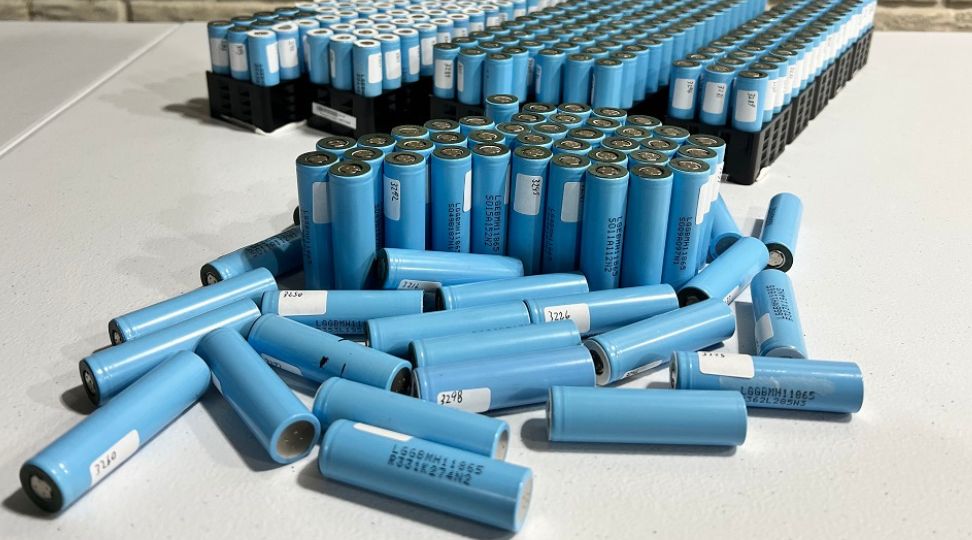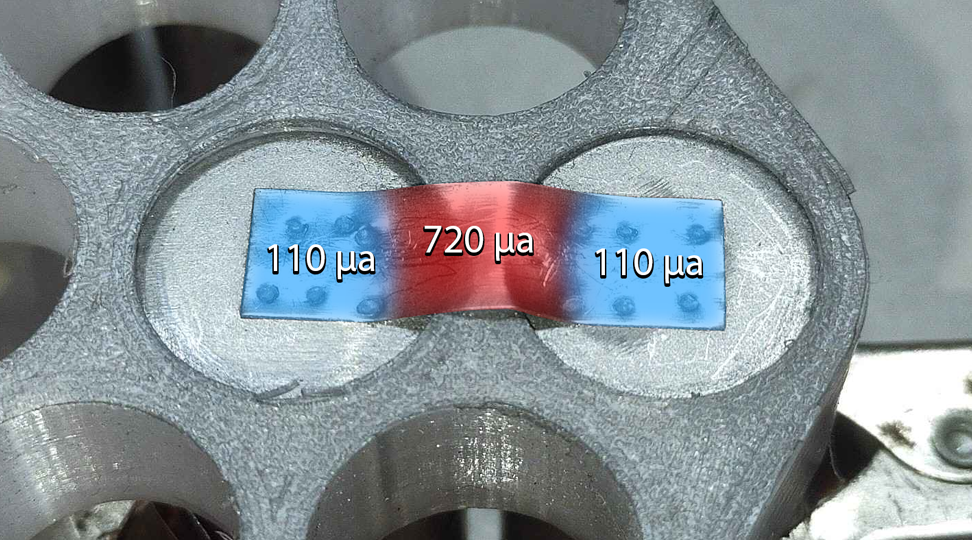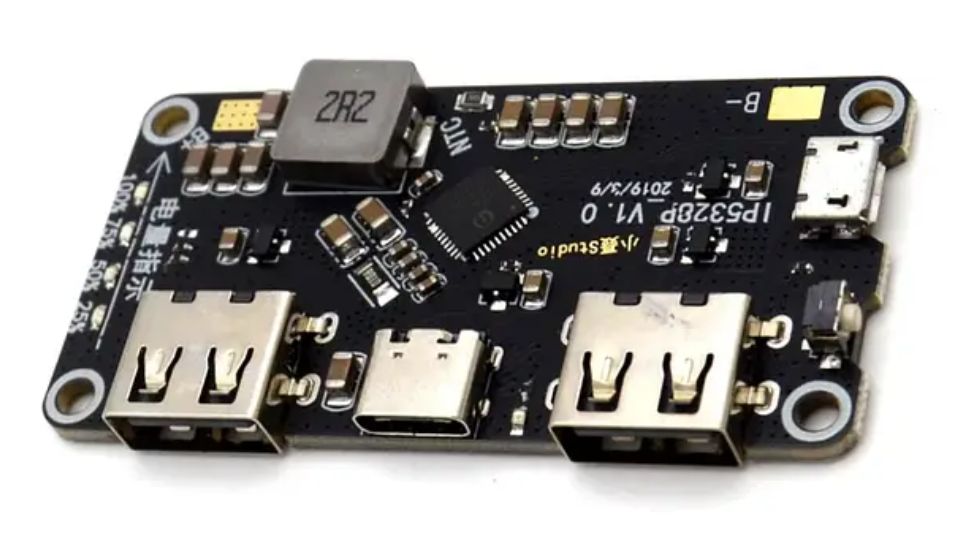
How to Extend the Life of a Lithium Battery
To extend the life of a lithium-ion battery, maintain charge levels between 20% and 80%, avoiding full charges and deep discharges to minimize stress on the battery. Use the manufacturer-recommended charger and avoid frequent use of fast chargers, as they can increase voltage and temperature, accelerating battery degradation. Keep the battery in a cool environment, ideally around 15°C (59°F), since high or low temperatures can cause significant damage. You can also build your own lithium battery charger by following the easy steps in our DIY guide from another article.
There is no need to fully discharge lithium-ion batteries before recharging due to their lack of memory effect. For long-term lithium battery storage, keep the battery at a 50% charge and recharge it every six months. Additionally, protect the battery from physical damage with cases, and avoid mechanical stress to prevent internal shorts and extend its lifespan.
Lithium-ion batteries function through the movement of lithium ions between the anode and cathode in a solvent, typically lithium salt in an organic solvent. Charging a battery moves the ions to the anode while discharging them moves them back to the cathode. This process is susceptible to wear and degradation from heat, high voltages, and deep discharges.
Here is a basic run down and some things you can do to extend the life of a lithium ion battery:
1. Optimal Charge Levels
Do Not Fully Charge or Deep Discharge: It’s best to charge lithium-ion batteries to about 80% and not let them drain below 20%. This helps in avoiding the stress that full charges or deep discharges can impose on the batteries. Battery University studies have shown that partial discharges, with occasional full discharges for calibration, can significantly extend battery life.
2. Appropriate Charging Practices
Use the Right Charger: Always use a charger that has the correct voltage and current that your battery needs. Using non-compatible chargers can affect charging cycles and degrade the battery.
Avoid Fast Charging: Constant use of fast chargers can degrade lithium batteries quicker. Fast charging works by increasing the voltage, which can heat up the battery and accelerate degradation.
3. Temperature Management
Keep Batteries Cool: Store and charge batteries in a cool environment. High temperatures cause lithium-ion batteries to degrade much faster. According to research, a lithium-ion battery operating at 25°C (77°F) will have a longer lifespan compared to one operating at 40°C (104°F). Find out if it's better to store lithium batteries charged or uncharged by checking our detailed guide in another article.
Avoid Cold Temperatures: Just as high temperatures can degrade batteries, exposing them to too cold temperatures can cause permanent damage, especially if charged while cold. The optimal storage temperature for a lithium-ion battery is around 15°C (59°F). Discover ways to keep batteries warm by exploring our tips in other articles.
4. Avoid Deep Discharges
Charge Before Empty: Lithium-ion batteries do not have a memory effect, so there is no need to fully discharge them before recharging, as was necessary with older battery types. Deep discharges can strain the battery; hence, charging periodically and making sure to discharge to no more than 20% is optimal.
5. Handling and Care
Physical Protection: Avoid dropping or physically stressing the battery. Physical damage can lead to internal shorts, leading to battery degradation or failure. For lithium-ion battery safety tips, check out our detailed articles covering essential precautions and concerns.
Use Battery Cases: If possible, use a protective case for batteries, especially for those used in harsh environments to avoid mechanical stresses and punctures.
6. Proper Storage
Long-Term Storage: If storing a lithium-ion battery for a long period, charge it to about 50% every six months to maintain battery health and prevent it from going into a deep discharge state.
So, To maximize the lifespan of a lithium-ion battery, keep its charge between 20% and 80%, use the manufacturer’s recommended charger, avoid fast charging, and store the battery in a cool place. Regularly top up the charge every six months during long-term storage and protect it from physical damage to prevent internal issues and extend durability.
We hope this article effectively taught you how to extend the life of a lithium battery. Thanks for reading!


